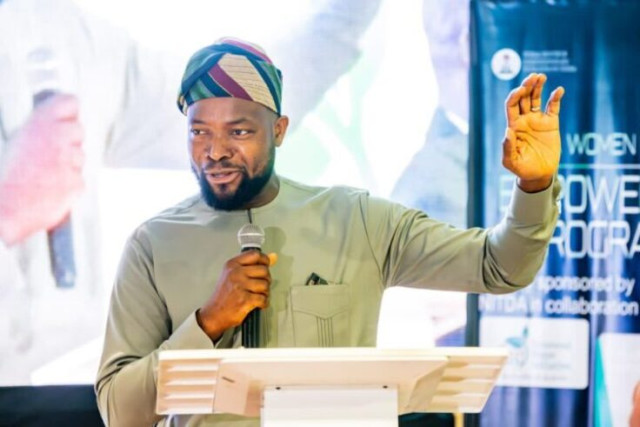The Federal Government of Nigeria has announced plans to launch a Special Purpose Vehicle (SPV) aimed at delivering an additional 90,000 kilometres of fibre optic cable infrastructure to enhance internet connectivity across the country.
Dr. Bosun Tijani, the Minister of Communications, Innovation, and Digital Economy, disclosed this initiative during a press briefing in Abuja, revealing that the Federal Executive Council (FEC) approved the project during its recent meeting.
The SPV is set to complement existing connectivity infrastructure to ensure universal access to the internet throughout Nigeria.
In addition to the SPV, Tijani highlighted the FEC's approval for the establishment of the Nigeria Startup House in San Francisco.
These initiatives underscore the government's commitment to addressing connectivity and startup funding challenges in the country, aiming to attract attention from local tech ecosystem players and investors.
The Minister emphasized that the groundwork for setting up the SPV has already commenced, with governance and operations modelled after successful Public-Private Partnership setups like NIBSS and NLNG.
Collaborating with government and private sector partners, the SPV aims to expand Nigeria's fibre optic coverage to a minimum of 125,000 kilometres from the current 35,000 kilometres, making it the third-longest terrestrial fibre optic backbone in Africa, following Egypt and South Africa.
Explaining the benefits of increased fibre optic coverage, Tijani highlighted its potential to optimize the utilization of eight submarine cables already landed in Nigeria, thereby enhancing data capacity utilization beyond the current 10%.
The expanded connectivity will also bridge the non-consumption gap by connecting over 200,000 educational, healthcare, and social institutions across Nigeria, facilitating greater inclusion in internet access.
The project is expected to increase internet penetration to over 70% and reduce internet access costs by over 60%.
Furthermore, it aims to include at least 50% of the 33 million Nigerians currently without internet access, contributing to a 1.5% growth in gross domestic product (GDP) per capita, with GDP projected to reach $502 billion over the next four years.
While the Minister did not provide details on the shareholders, registration, or sunset date of the SPV, the initiative signals a significant step towards achieving widespread internet connectivity and digital inclusion in Nigeria.




















